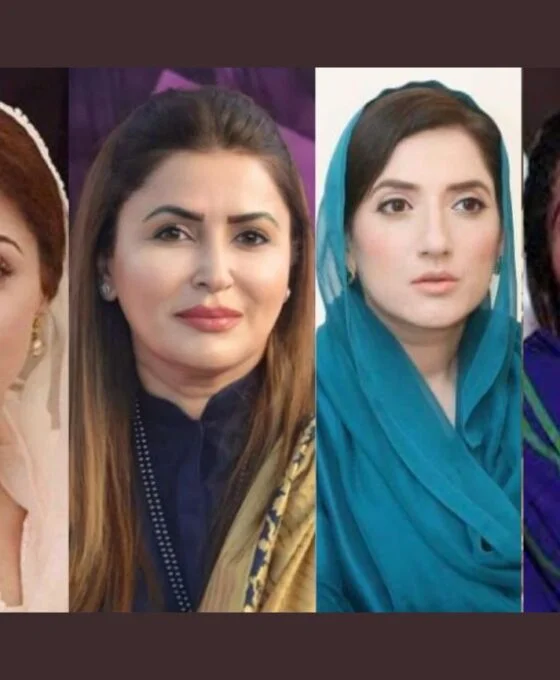The 2024 elections in Pakistan have witnessed a historic surge in female representation, with 27 women securing victory in the polls, marking a notable increase compared to the 2018 elections.
A total of 882 women candidates courageously contested seats in both the national and provincial assemblies, showcasing a substantial rise in female participation in the electoral process. Among these candidates, 312 filed nominations for the National Assembly, while 570 vied for provincial assembly seats, signifying a commendable stride towards gender inclusivity in politics.
Highlighting the concerted efforts for gender parity, 111 political parties nominated 275 women candidates to contest the elections on general seats, constituting 4.6% of the total 6,037 candidates fielded. Notably, 30 parties nominated five or more women candidates, demonstrating a commitment to fostering female representation in governance.
In contrast to previous elections, where female representation was limited, the 2024 polls saw a record-breaking 27 women elected across all five assemblies. This achievement includes 12 women securing seats in the National Assembly, 11 in the Punjab Assembly, two in the Sindh Assembly, and one in the Khyber Pakhtunkhwa Assembly.
Among the victorious candidates, notable figures such as Shazia Marri and Maryam Nawaz Sharif from the PPP and PML-N respectively, along with Zartaj Gul from PTI, emerged triumphant. Their success underscores the increasing role of women in shaping Pakistan’s political landscape.
The diversity among the winning candidates reflects a broad spectrum of political affiliations, with representatives from various parties securing electoral victories. Notably, the achievement extends beyond first-time candidates, as seasoned lawmakers including Aasia Ishaque Siddiqui, Nafisa Shah, and Shazia Marri clinched victories, further enriching the parliamentary discourse with their experience and expertise.
The remarkable outcome of the 2024 elections signifies a significant step towards gender equality and inclusivity in Pakistan’s political sphere. As these women embark on their legislative journey, their presence promises to contribute to a more representative and equitable governance framework for the nation.












